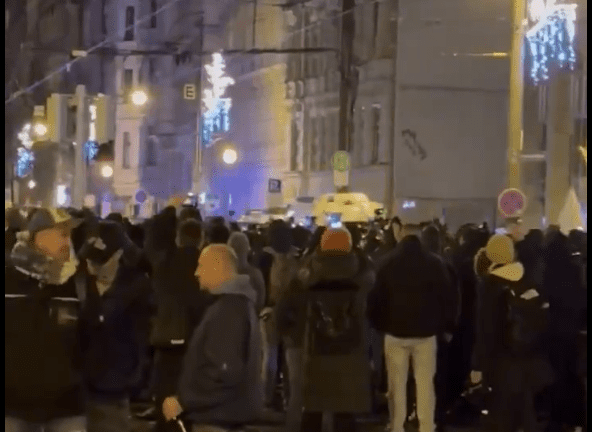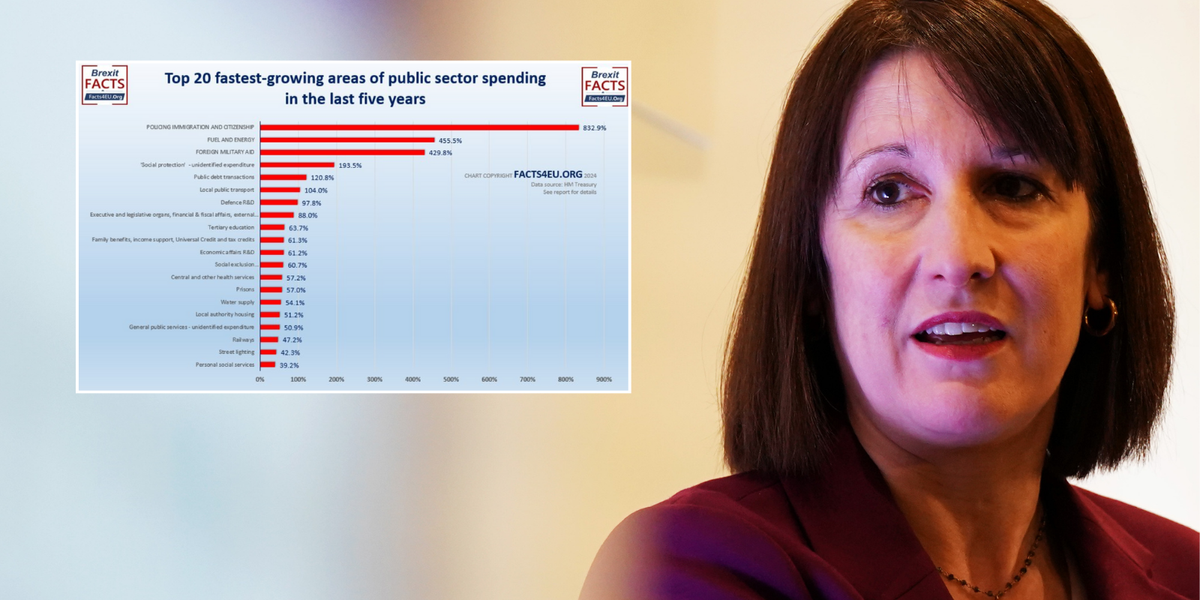Growing up with movies like “Bad Lieutenant,” “The French Connection” and “King of New York,” I dreamed of moving to the city once my life had taken a dark turn into drugs and crime.
As a seasoned degenerate, I was disappointed almost immediately when my Greyhound bus pulled into the New York Port Authority in the spring of 2013.
The city was surprisingly clean, crime-free, and thriving. I went to Times Square to look for some debauchery — and discovered nothing but thousands of tourists safely enjoying themselves and a variety of family-friendly stores.
Unbeknownst to me, the criminal’s playground of open prostitution and drug dealing was no more. Had I made a mistake by moving here?
I had been homeless for most of 2011 and 2012, on Skid Row in Los Angeles and the Tenderloin in San Francisco, due to a nasty heroin and meth addiction.
It was a chaotic adventure of depravity and crime, but after a year and a half, I decided to throw in the towel.
My father, a former heroin addict himself, had gotten sober at a halfway house in Florida and offered to buy me out of California and join him in his recovery journey. I lasted about four months at his halfway house before deciding that I wasn’t done getting high. With about a thousand dollars saved, I caught a bus up to New York where I figured I could live out my own homeless drug-addict version of “Taxi Driver”; it was anything but.
Quickly I found myself in jail for jumping the turnstile at a subway station. I’d never been arrested so fast. I made a mental note to never do it again, and that New York City didn’t play around with fare evasion like I had been accustomed to in San Francisco.
A few weeks later, after desperately searching for heroin, I was stopped and frisked and wound up in jail again. The city just wouldn’t give me a break.
I realized that, unlike in California, I wouldn’t be able to support my habit through petty theft and other criminal activity.
On top of this, I wasn’t allowed to be homeless after getting kicked off my friend’s couch.
I simply wasn’t allowed to sleep outside, so every night I’d make my way to the shelter on First Avenue and 30th Street. There, I found some stability and, eventually, got a job at a cabinet shop. I found a room to rent in Harlem for $600 a month and maintained housing and employment for about a year.
I even got on Suboxone, a medication similar to Methadone, but would still get high for a few days after I received my paycheck.
It wasn’t perfect, but it was a lot more manageable than sleeping on Skid Row.
I had moved to New York City for a homeless, drug-addicted, criminal adventure — and had somehow been tricked into becoming a semi-functional member of society.
But I wasn’t tricked. I was forced. The guardrails set up by the local government at the time prevented me from living out my dreams of perversion. And the craziest part was that I listened.
But is it really that crazy? Don’t people typically do what they’re allowed to do and largely avoid the things they’re not allowed to do?
As we’re finding out in places like San Francisco (and now New York City, after the de Blasio era), if you allow a drug addict to smoke crack in a children’s playground with no consequences, they will do it.
And if you allow people to commit petty theft on a grand scale with no consequences, some people will do that as well.
It’s the most basic concept of human psychology and, for some reason, the current crop of politicians and the “expert consultants” that get paid hundreds of thousands of dollars with your tax dollars can’t wrap their over-educated brains around it. It’s mind-boggling.
In 2013, New York City understood this, so I left. I returned to where they didn’t understand this — Skid Row in Los Angeles — and destroyed my life for another few years before getting sober in 2018.
Fortunately, I wound up with a lengthy jail sentence (which was surprisingly hard to achieve in California), followed by a long-term stay at a nonprofit treatment center. Ever since I’ve been living a productive life beyond my wildest dreams.
So what’s the solution for NYC? A good start would be re-enforcing laws against antisocial behavior and petty theft.
After investing in the infrastructure for public detoxes and long-term treatment centers, we should mandate repeat offenders to these programs in lieu of jail. We need to incentivize recovery, assist with career training and job placement, and set people up for a life worth living.
But most importantly, we have to stop letting people do whatever they want to do when it affects the safety and civil liberties of others and disintegrates the fabric of society.
Reward good behavior, pand unish bad behavior. It’s a simple concept that for some reason many have forgotten since I first arrived in New York City on that Greyhound bus back in 2013.

 By New York Post (Opinion) | Created at 2024-12-21 14:08:20 | Updated at 2024-12-22 01:08:49
11 hours ago
By New York Post (Opinion) | Created at 2024-12-21 14:08:20 | Updated at 2024-12-22 01:08:49
11 hours ago








